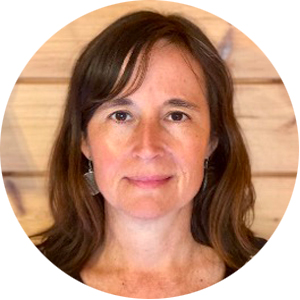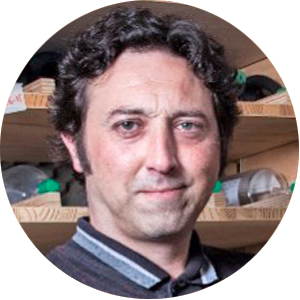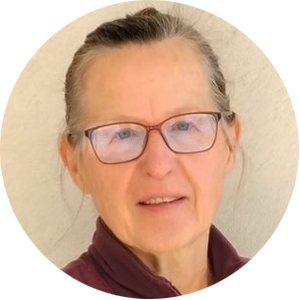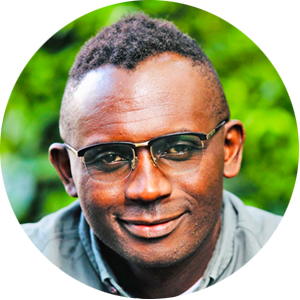Keynote speakers

sNailed it: Unlocking the potential of Citizen Science to control and prevent snail-borne diseases
Tine Huyse (Royal Museum for Central Africa, Belgium)
+

Impact of climate change on vector-borne diseases affecting human and animal health
Cyril Caminade (Earth System Physics Department, The Abdus Salam International Center for Theoretical Physics, Italy)
+

What is the interest of Plant Health for One Health?
Cindy Morris (Plant Pathology Research Unit, INRAE, France)
+

In progress
Fredros Okumu (University of Glasgow, School of Biodiversity, One Health and Veterinary Medicine, Scotland)
+
